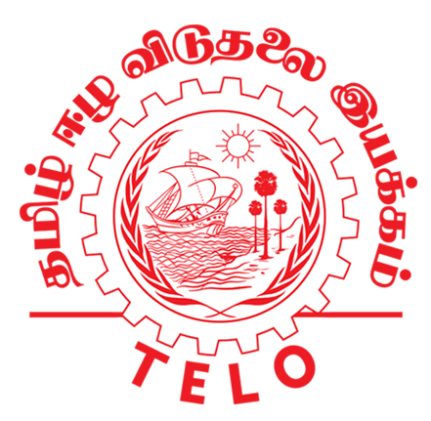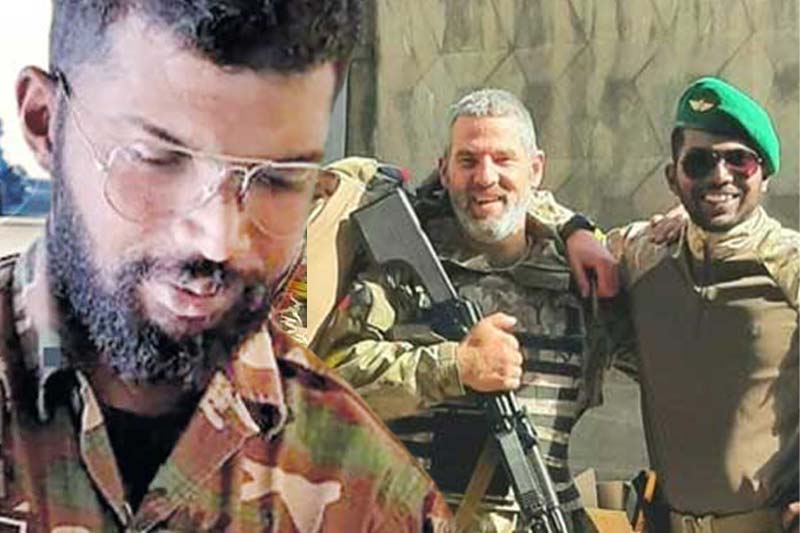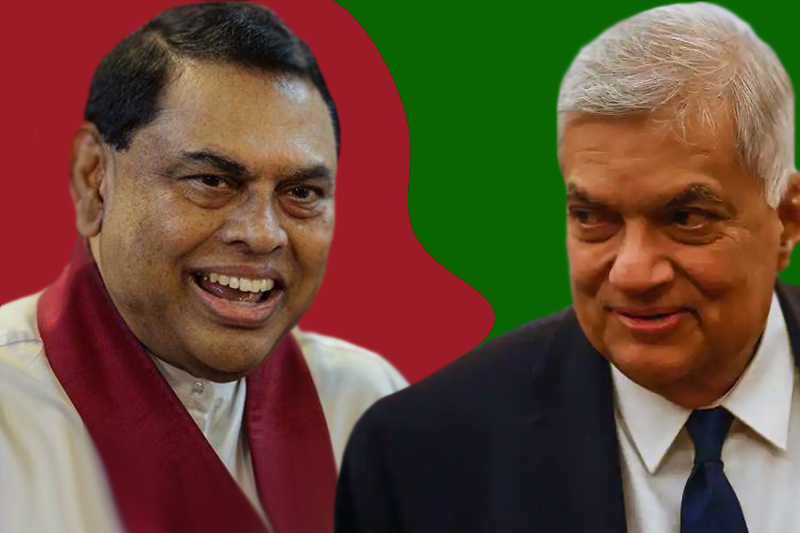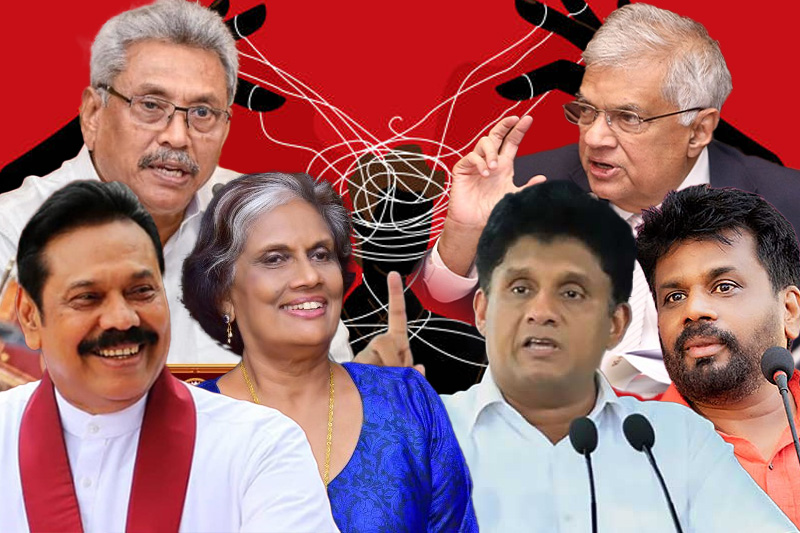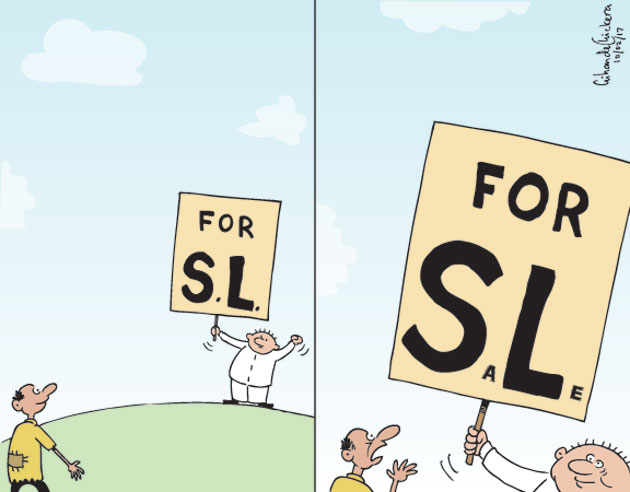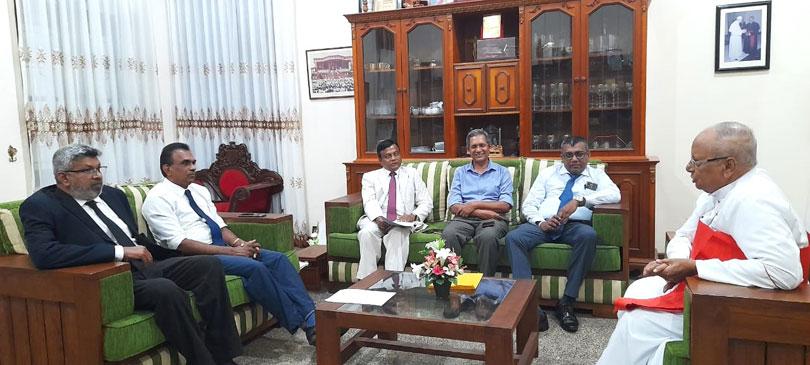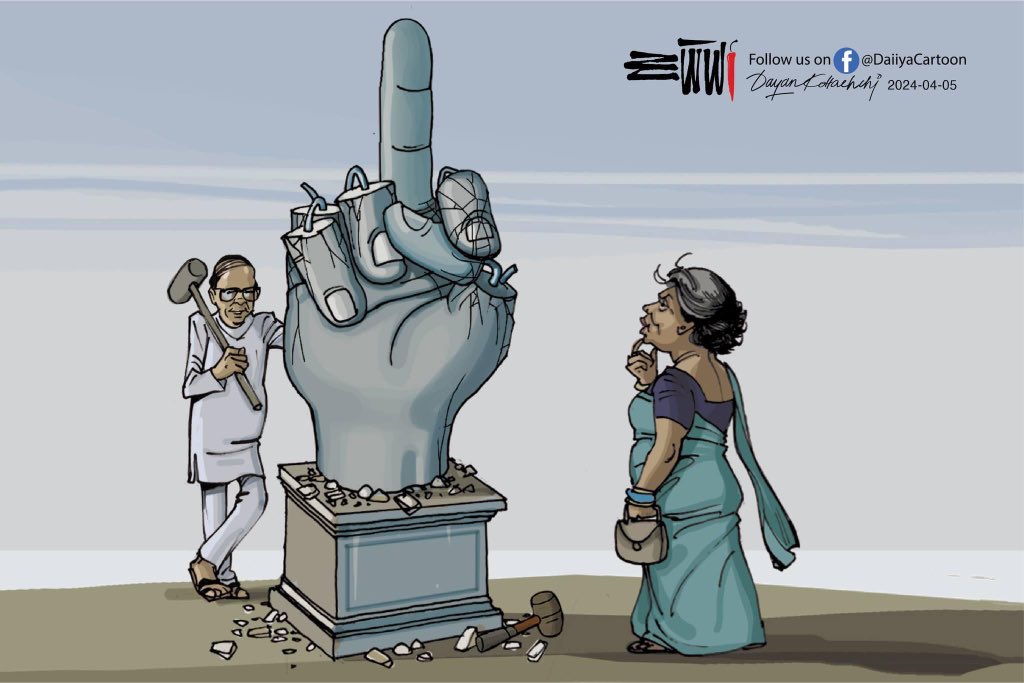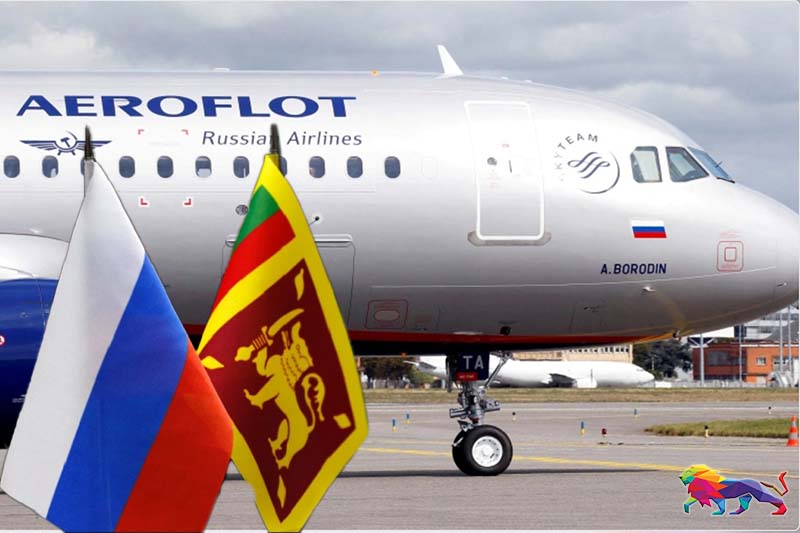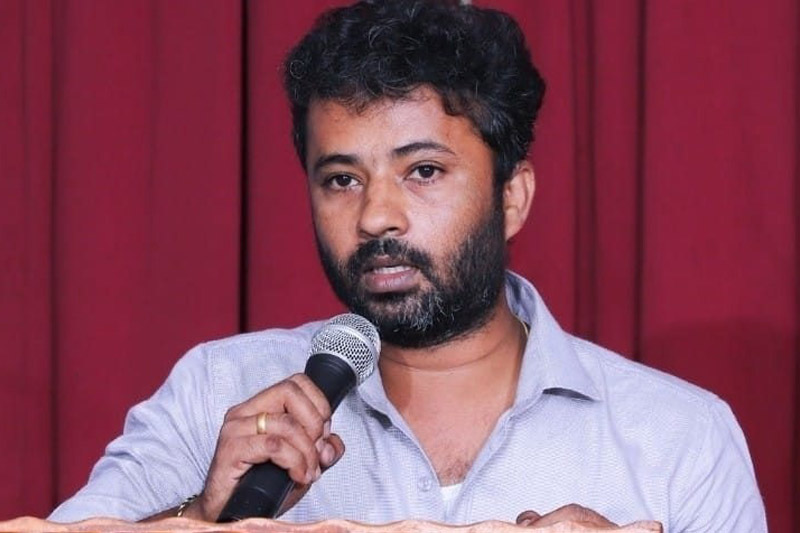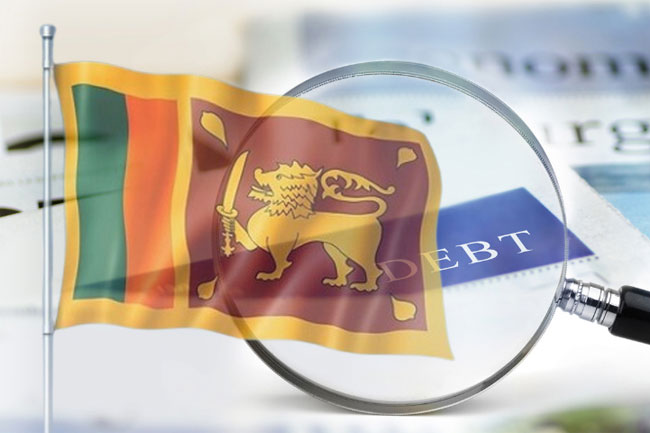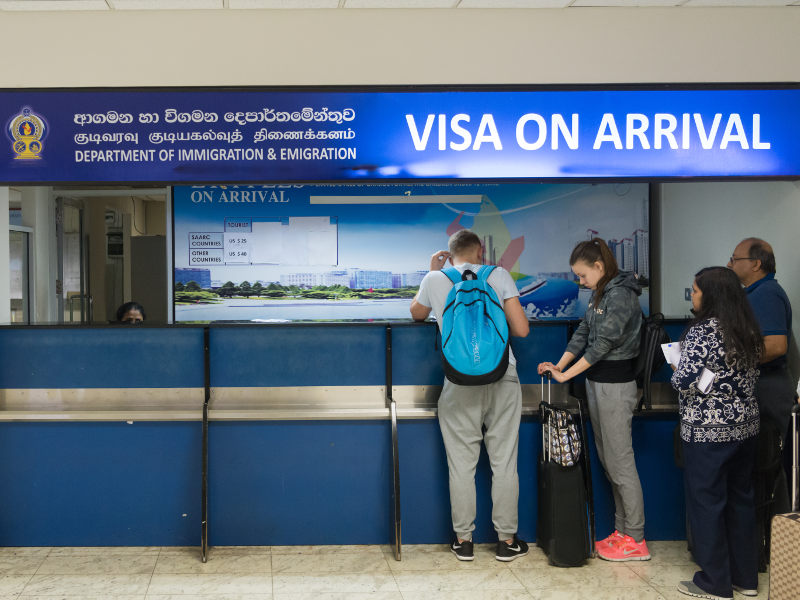Sri Lanka on Tuesday rejected international bondholders’ proposal to restructure more than $12 billion in debt, putting at risk critical International Monetary Fund support and delaying its efforts to resolve a two-year-long debt crisis.
Some of the proposal’s “baseline” assessments and a lack of a contingency option in the case of continued economic weakness were the two main reasons the deal was not agreed, the government said in a statement.
Colombo said it hoped to hold further talks “as soon as feasible” but the immediate risk was that without a compromise in the coming weeks, the next tranche of all-important IMF support money could potentially get delayed.
Sri Lanka has already struck a deal with its main government creditors, but an “agreement in principle” with bondholders was also needed to secure IMF Board approval for the next $337 million instalment of its $2.9 billion programme.
The government said one of the main stumbling blocks had been that the “baseline parameters” of the bondholders’ plan had not matched those embedded in its IMF programme.
It added that the bondholders’ “steering committee” that it has been negotiating with in recent weeks had not wanted to extend “restricted discussions” – a key part of debt talks where they are held privately, behind closed doors.
Following an initial extension, it would be unusual for big money managers to remain restricted for too long given it also limits their ability to participate in the market.
A source familiar with the process said discussions could continue as early as later on Tuesday, with some interested parties in Washington for the IMF/World Bank meetings.
The source said that, as has been the case in other recent debt negotiations, an asymmetry of information between the parties, including a lack of visibility among bondholders of the terms agreed with both the Paris Club and China, has complicated the negotiations.
CONTENTIOUS MLBs
Sri Lanka also disagreed with a proposal to link future repayments to bondholders to the country’s macroeconomic growth, through “macro-linked bonds” or MLB for short.
It said it was seeking more protections if Sri Lanka’s economy were to underperform IMF growth projections, and a “test” for triggering both the upward and downward adjustments in the MLB.
Disappointment that a deal had not yet been reached sent Sri Lanka’s bonds down about 2.5 cents , , leaving them at just over half their original face value at between 54 and 55.4 cents on the dollar.
“Completing the IMF review by June becomes difficult now because there will have to be more talks,” said Udeeshan Jonas, chief strategist at equity research firm CAL Group.
IN THE RIGHT DIRECTION
Sri Lanka plunged into its worst financial crisis since independence from the British in 1948 after its foreign exchange reserves fell in early 2022 leaving it unable to pay for essentials including fuel, cooking gas, and medicine.
The island nation defaulted on its foreign debt in May 2022 and kicked off negotiations with bilateral creditors several months later, eventually securing an agreement in principle with China, India and the Paris Club last November.
Sri Lanka also needs agreements with each of the bilateral creditors, including the Export-Import Bank of China, to complete the IMF review process.
Supported by the IMF program, Sri Lanka has seen its once soaring inflation moderate to 0.9% in March and its currency strengthen 7.6% so far this year. The economy is expected to return to growth after contracting 2.3% in 2023.
It is one of several poorer countries that have been hit by debt crisis in recent years and were struggling to put it behind.
Ghana this week has also seen its $13 billion restructuring talks stumble after the IMF indicated that the deal it was hoping to strike with bondholders would not be enough to make its debt levels sustainable again.
Viktor Szabo, an emerging market debt portfolio manager at Abrdn in London, said Sri Lanka’s setback was likely to be just a delay rather than a deal-breaker.
“It is moving in the right direction,” Szabo said. “But it is just a bit slower than expected.”




